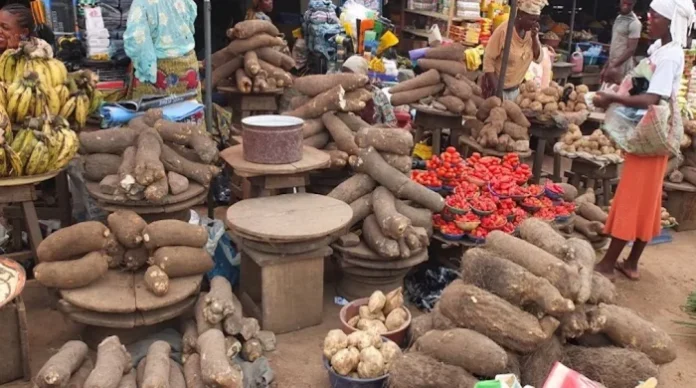By David Olatunji
The skyrocketing cost of transportation in Nigeria is severely affecting students in tertiary institutions, hindering their access to education and daily campus activities. The situation has been attributed to the soaring price of fuel, which has worsened the country’s economic challenges.
Students from various institutions shared their experiences, highlighting the impact of high transportation costs on their academic pursuits.
Related Posts:
- Surviving the Storm: Osun Palm Oil Producers Fight…
- Osun Residents Lament High Transport Fares Despite…
- People No Longer Take Bikes; They Trek Instead —…
- Gas Price Crisis Takes Toll on AAUA Students
- "Education Na scam": Illusion or Reality, Students…
- Rising Costs of Living Persists- Offa Residents…
Powered by Contextual Related Posts
At the University of Jos, a final-year student, Edigbe Usiwhoghene Grace, lamented the financial burden. “I spend ₦600 daily just to get to school. Transport fares were ₦70 in my first year, but now we pay ₦600. Many students have to choose which days to attend classes,” she said.
Similarly, at the University of Ilorin, students face steep transport fares. Sogbade Hafsat stated, “The least we pay daily is ₦800, compared to ₦300 before. It’s a heavy burden on us.”
The situation is no different at Obafemi Awolowo University. Success Ogunlana, a student of Accounting, described the hardship. “Many students are skipping classes because they can’t afford transport. Even I have no choice but to bear the cost,” he explained.
Students have also highlighted non-financial impacts, including emotional and physical strain. Adebayo Faruq, a University of Ilorin student, emphasized the broader implications. “We face financial, emotional, physical, and mental costs. The financial burden is the greatest, but trekking long distances to save money leaves students exhausted and unable to focus in class,” he noted.
The challenge has pushed some students to adopt trekking as an alternative, despite its drawbacks. Macauley Sophia Ayanfeoluwa, a student at the University of Ibadan, said, “Trekking seems like the only option, but it leaves me too tired to concentrate in class. Sometimes, I’d rather skip class entirely.”
Students are calling on authorities to provide sustainable solutions. “Subsidized buses should be made available, not just to school gates but to areas where students reside,” Hafsat suggested, appealing for immediate intervention to alleviate the crisis.
The rising cost of transportation continues to disrupt the academic journeys of countless Nigerian students, with many awaiting concrete measures to address the issue.




